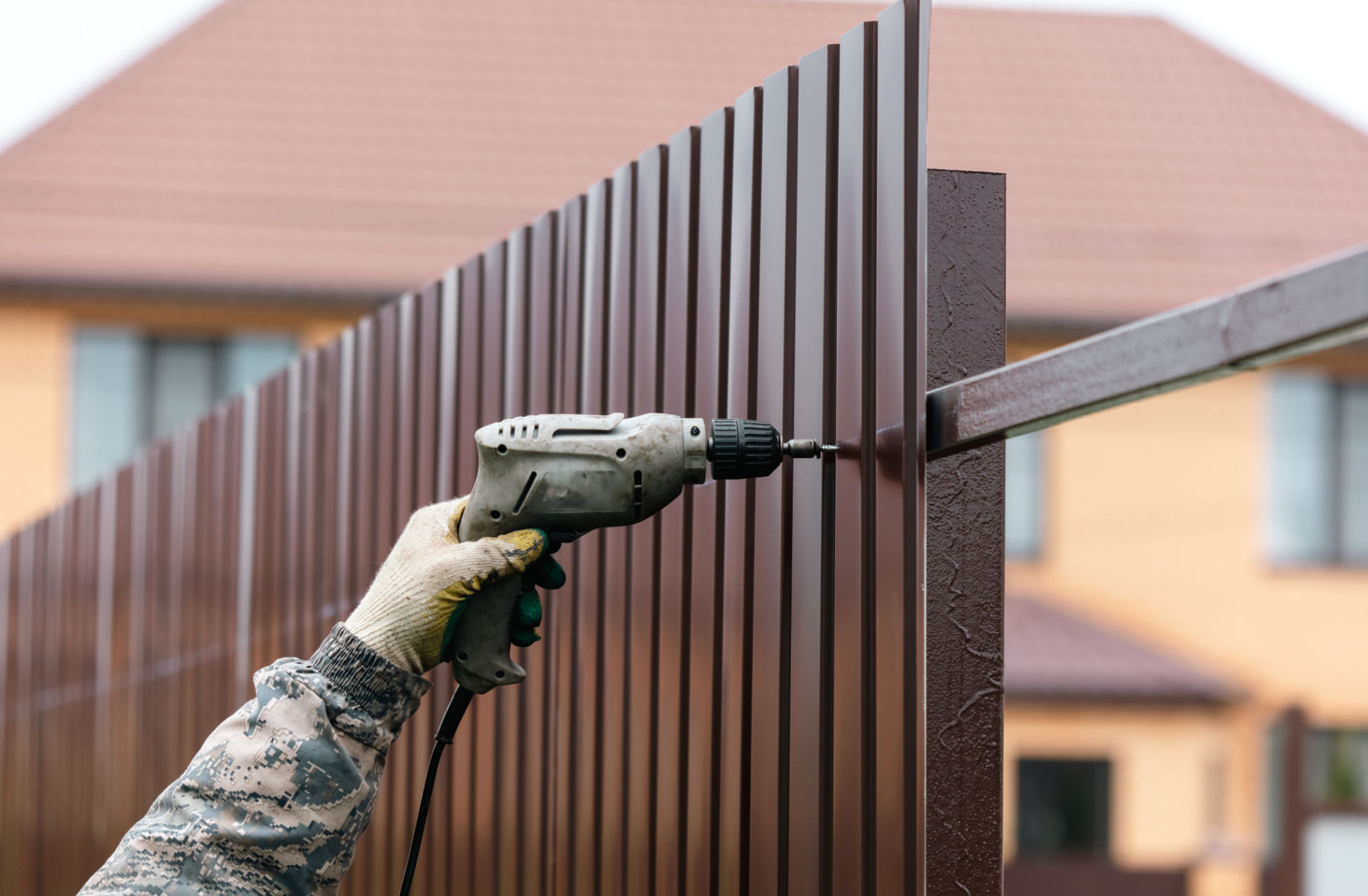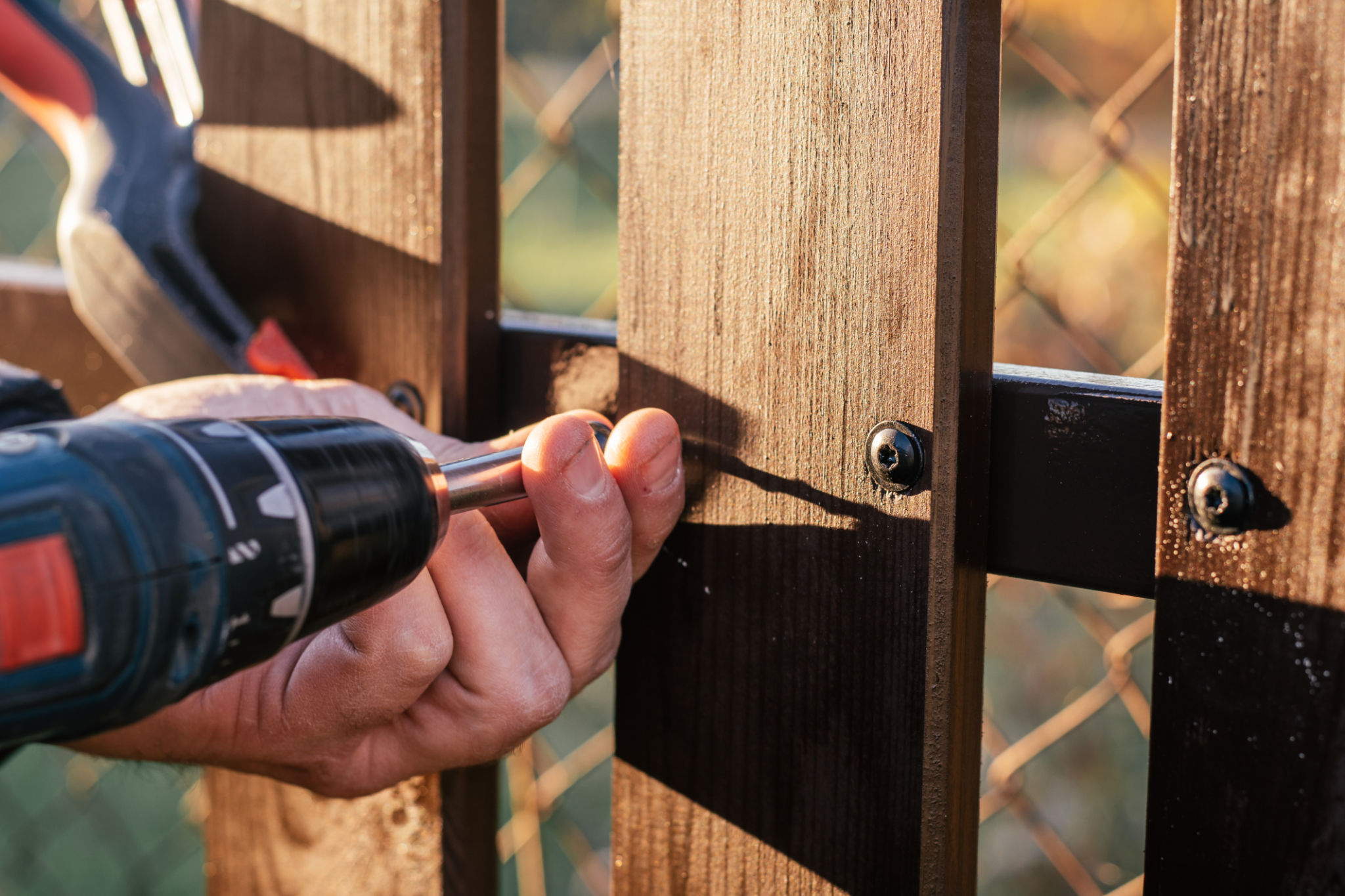DIY Fence Installation: Pros and Cons of Tackling It Yourself
Understanding the Basics of DIY Fence Installation
Embarking on a DIY fence installation can be an exciting yet challenging venture. Many homeowners consider this route to save money and gain the satisfaction of completing a project independently. However, it's essential to weigh the pros and cons before diving into the task at hand. In this post, we'll explore the advantages and disadvantages of installing a fence yourself, providing insights to help you make an informed decision.

Advantages of DIY Fence Installation
One of the primary benefits of taking on a DIY fence project is cost savings. Hiring professionals can be expensive, with labor costs often accounting for a significant portion of the overall expense. By doing it yourself, you can allocate funds towards higher-quality materials or additional landscaping features.
Another advantage is the sense of personal accomplishment and customization. Building your own fence allows you to tailor the design to meet your specific needs and preferences. Whether you desire a particular height, style, or material, you have full control over every aspect of the project.

Challenges and Considerations
Despite the potential benefits, there are several challenges associated with DIY fence installation. One of the most significant hurdles is the time commitment. Installing a fence is not a quick weekend project; it often requires several days or even weeks to complete, depending on the size and complexity of the job.
There's also the need for specific tools and skills. While some tools may be available for rent, others might require purchase, adding to your overall costs. Additionally, without prior experience, there's a risk of making errors that could compromise the fence's integrity or appearance.

Permits and Regulations
Before starting your DIY fence project, it's crucial to research and understand local building codes and regulations. Many areas require permits for fence installations, which may dictate specific height restrictions or material requirements. Failing to adhere to these regulations could result in fines or mandatory modifications.
Additionally, it's important to consider property lines and ensure that your fence does not encroach on a neighbor's land. This step often involves obtaining a property survey or consulting with neighbors to avoid potential disputes.
Weighing Your Options
If you're confident in your abilities and have ample time to dedicate to the project, DIY fence installation can be a rewarding endeavor. However, if you're uncertain about your skills or lack the necessary resources, it may be beneficial to consult with professionals for guidance or partial assistance.
Ultimately, the decision should be based on your comfort level with home improvement projects, budget considerations, and personal preferences. By carefully evaluating these factors, you can determine whether tackling a DIY fence installation is the right choice for you.